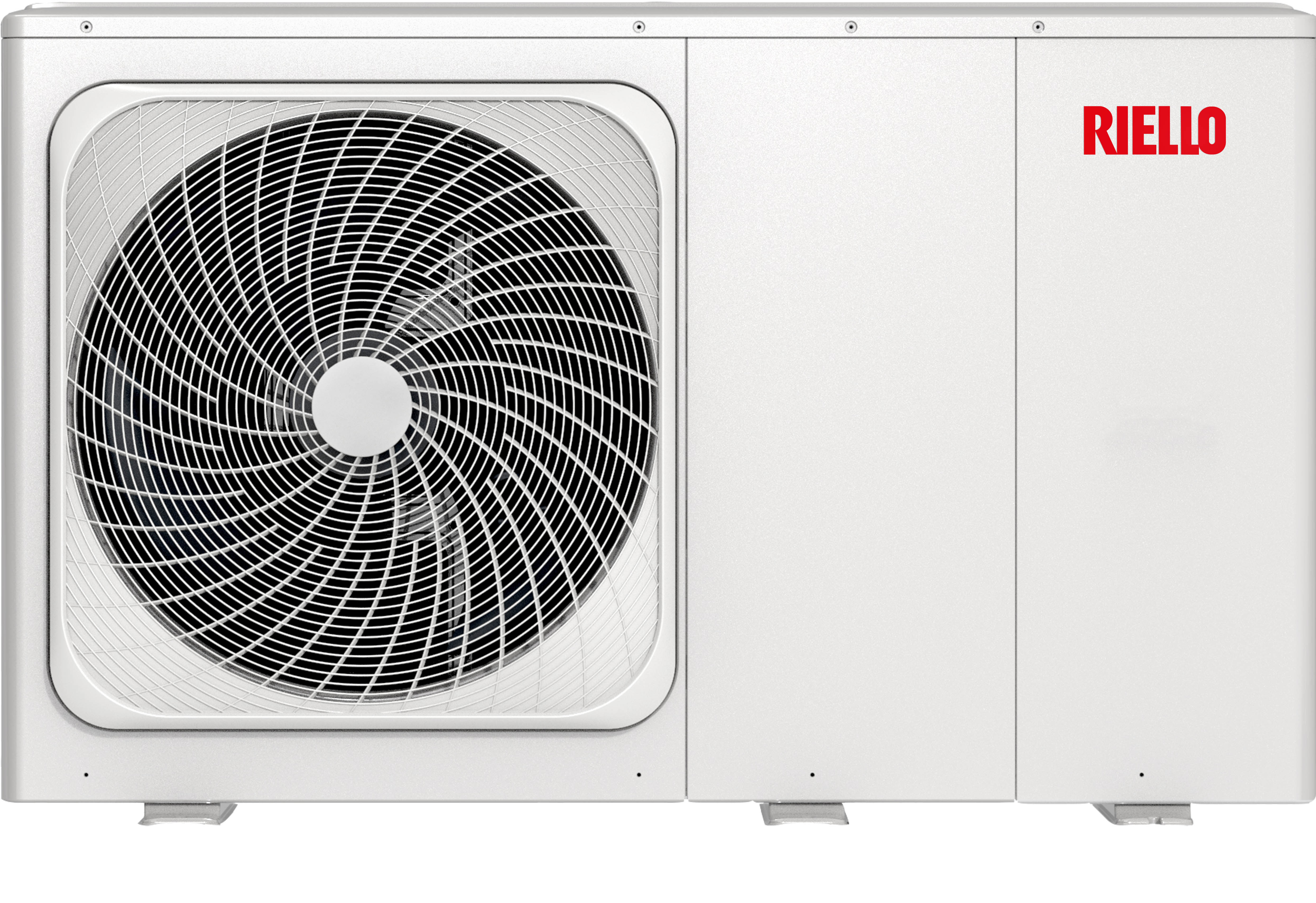SKILLED WORKFORCE NEEDED TO BOOST HEAT PUMP ROLLOUT
 By Neil Saunders, sales & marketing director at Vokèra by Riello, Global Comfort Solutions Europe, Carrier.
By Neil Saunders, sales & marketing director at Vokèra by Riello, Global Comfort Solutions Europe, Carrier.
To support the growth of the heat pump market, the government has set out an ambitious target for the installation of circa 600,000 heat pumps per year in the UK by 2028. It’s a mammoth task, particularly as large swathes of the current workforce will need to be upskilled to ensure they are qualified to carry out the work, so should we be doing more to make training easier for busy heating engineers and support the recruitment of new people entering the sector?
In terms of the present, upskilling the current workforce to upgrade and improve heating system efficiency in homes and businesses will create rare, yet exciting, opportunities for engineers. As many customers will testify, finding a specialist to assess or repair a heating system – particularly during winter months – is often a frustrating, time-consuming process. Therefore, it’s understandable that asking a heating professional to set aside time from an incredibly heavy work schedule to receive product training could be seen as a tall order. Manufacturers should attempt to display a degree of flexibility in their training. Although there is no substitute for in-person, ‘hands-on’ training, it is not always the most practical method for those in full-time employment.
Innovative training
At Vokèra, we have created a hybrid training programme including both virtual webinar sessions and direct, ‘hands-on’ learning. This proved far more convenient for full-time installers, with the live online sessions held late afternoon and early evening. The programme will tutor installers on the latest Vokèra and Riello product innovations, as well as cover a range of topics including compliance with regulation changes, considerations when installing heat pumps, hybrid integration, etc. Workshops will also be available for those who wish to take a deeper look into our products. We believe manufacturers have a significant role in helping train the installers of the future. This is paramount to delivering the low carbon heating solutions the UK needs to create a less-polluted, more energy-efficient environment.
Second career seekers
The UK government’s support of the growing heat pump market is important to achieving its net zero ambition. Therefore, the search for skilled installers may need to include those pursuing heating engineering as a second career choice. An equal amount of focus could also be given to increase the number of women entering the trade. In both instances, the sector might be overlooking a valuable recruitment resource at a time when a greater range of expertise to call upon is essential.
Job security is another benefit of retraining as a heating engineer. Previously, we’ve partnered with colleges and training centres, providing products and guidance for students on entry-level courses. These programmes were aimed at people who had recently achieved their NVQ Level 3 qualification, required to practice as a ‘Gas Safe’ heating engineer. Whilst these courses are vital to the development of apprentices, there is a growing need to create programmes aimed at more mature trainees, creating room for future opportunities.
The type of person who might be interested in a mid-career shift to heating system installation and repair might not necessarily be an industry newcomer. Someone with an engineering background and a particular interest in decarbonisation would certainly find heating an exciting new challenge due to its huge emissions impact. Such a candidate might feel they could make a difference in heating’s carbon output, particularly with the introduction of renewables, such as heat pumps, to the market. Furthermore, IT professionals might also find interest in the heating field, as their technical background would be beneficial when using services such as connected thermostats and smart controls.
From my years in the industry, I’ve found heating engineers to be very passionate about their trade. They enjoy the challenge of creating the best heating system for their client, while also considering cost-effectiveness and optimum efficiency. In my opinion, the desire to learn a new and valuable skill that will help secure our future sustainability is requisite for the role. If you’re one of those people, I think I can speak on behalf of many heating system manufacturers in saying, ‘Your industry needs you.’
Powering up Britain
A significant transition of UK households from fossil fuel heating to smarter, environmentally-economical appliances will take years to complete. However, attitudes to the global adoption of renewable technology are changing fast. This is being fuelled in-part by high-level initiatives such as the UK government’s ‘Powering Up Britain’ proposal. Described as a way to net zero, the document outlines how renewable investment will help ‘diversify, decarbonise and domesticate’ the country’s energy production. The proposal also highlights the government’s Heat Pump Investment Accelerator plan, which aims to accelerate heat pump manufacturing in the UK. According to the report on behalf of the Secretary of State for Energy Security and Net Zero, the systems’ British-made aspect, along with an extension of the government’s three-year extension of its Boiler Upgrade Scheme, will rebalance electricity and gas costs for compatible boilers.
For those with an entrepreneurial spirit, the platform is in place to secure and build a career that’s enriching in multiple ways. Hence, there is no time like the present to upgrade your heating engineering skills or for those thinking of joining the sector, making that call that could benefit the rest of your life.


